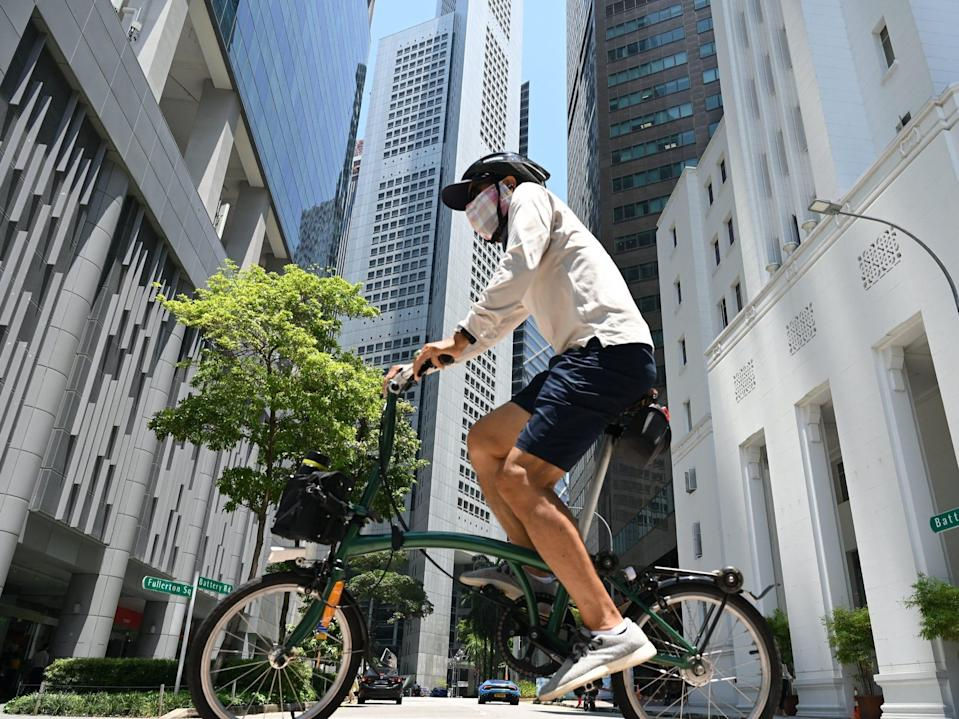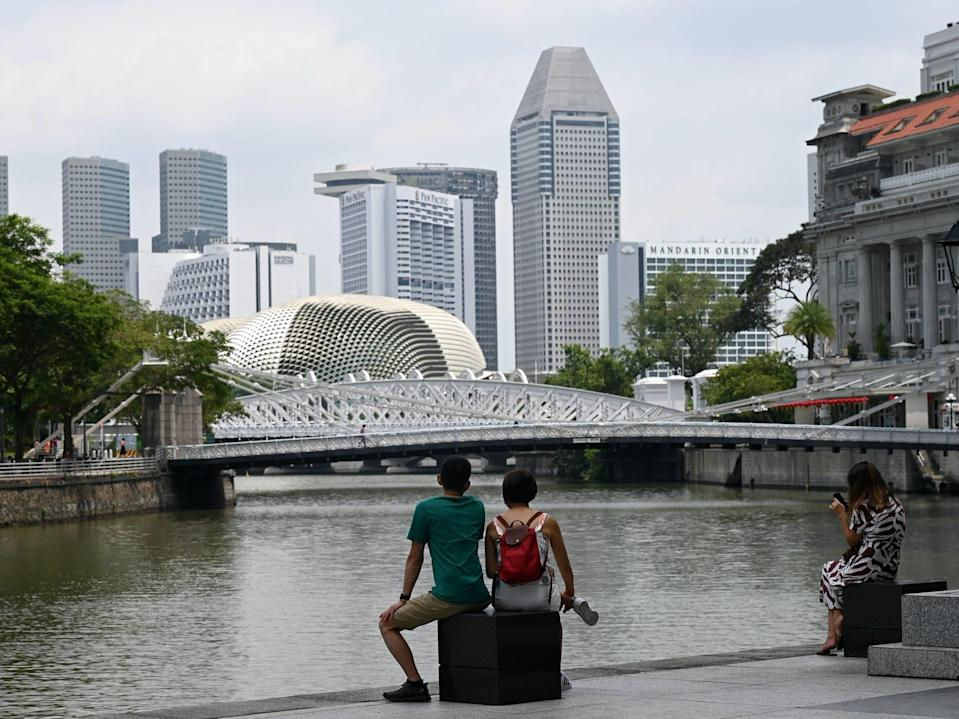Singapore is now the best place to be during the pandemic
- Katie Warren
- Apr 28, 2021
- 2 min read
--- Katie Warren. Mon, April 26, 2021, 9:15 PM

Singapore surpassed New Zealand this week on Bloomberg's Covid Resilience Ranking.
Local COVID-19 cases in Singapore are nearly zero, per Bloomberg, and life is relatively normal.
The city-state has vaccinated about 20% of its population. New Zealand has vaccinated less than 2%.
Singapore has been ranked by Bloomberg as the best place to be during the COVID-19 pandemic.
The Southeast Asian island nation bumped New Zealand from the top spot in Bloomberg's Covid Resilience Ranking this week, largely thanks to Singapore's vaccination efforts. Singapore has administered enough vaccine doses to cover nearly 20% of its 5.7 million population, according to Bloomberg.
New Zealand, which has been hailed for its successful handling of the pandemic, has vaccinated only about 1.9% of its population. Australia, which ranks third on the Covid Resilience Ranking, has vaccinated about 3.7% of its population. Israel, Taiwan, and South Korea are also among the 10 top-ranked place.

Bloomberg's ranking looks at COVID-19 cases in the community, fatality rates, and percentage of the population covered by vaccines. It also considers quality-of-life factors like severity of lockdowns, the movement of people in retail and office spaces, and healthcare coverage.
Bloomberg said the top three countries - Singapore, New Zealand, and Australia - provided their residents "a pre-pandemic quality of life" with the exception of international travel. All three countries' borders have been closed to most foreign tourists for over a year, but each country is cautiously looking to open up tourism with other places that have kept the virus under control.
Earlier this month, New Zealand and Australia opened a quarantine-free travel bubble between the two countries as long as neither reports a new virus outbreak, and Singapore announced this week that it would launch a long-delayed travel bubble with Hong Kong on May 26. Australia is in talks with Singapore to implement a similar bubble.

Singapore took swift action last spring as the virus began to spread through the region.
In March 2020, Singapore closed its borders to foreign tourists and implemented a mandatory 14-day quarantine for returning residents. The next month, Singapore imposed a strict two-month lockdown called a "circuit breaker."
Since the end of the lockdown in June, life in Singapore has gradually returned to a semblance of normality.
In June and July, Singapore started allowing the reopening of retail businesses, hotels, movie theaters, and places of worship at limited capacity. In November, cruise lines started offering "cruises to nowhere" for Singapore residents, which start and end in Singapore with no stops in between.
At the end of December, Singapore loosened restrictions on group gatherings and raised capacity limits for indoor areas. It even started allowing indoor live performances with up to 250 people. And this month, Singapore said up to 75% of office workers could return to their offices after a year of remote work.
Singapore has reported a daily average of 29 new cases in the past week, most of which were among returning residents who were already isolated in quarantine. The city-state has recorded a total of 30 coronavirus deaths.
Read the original article on Insider








Comments